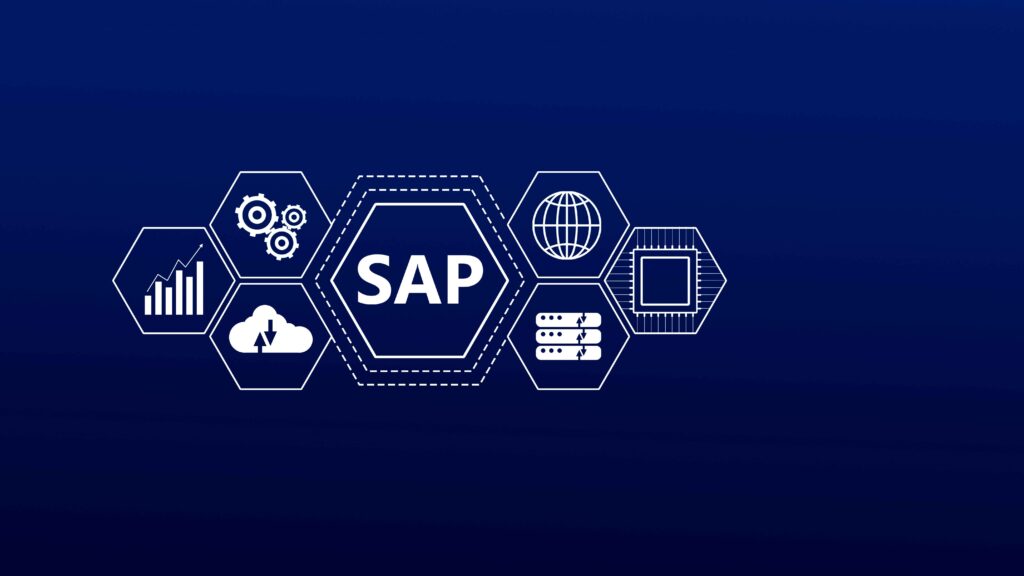In today’s data-driven world, businesses are collecting, storing, and analyzing more information than ever before. With this surge in data volume comes a greater need for robust data governance—not just to ensure security and compliance, but also to maintain data quality, usability, and accountability across the organization.
Two major data governance solutions are currently shaping the enterprise landscape:
- Unity Catalog from Databricks
- Horizon from Snowflake
While both tools offer powerful capabilities, they are built for different cloud ecosystems and solve governance challenges in unique ways. At Tek Leaders, we work with clients across industries who rely on both platforms, and we understand how critical it is to make the right decision.
This blog provides a comprehensive, side-by-side comparison of Unity Catalogue and Horizon, including their core features, advantages, use cases, and strategic fit for your enterprise needs.
What Is Unity Catalog?
Unity Catalog is Databricks’ unified governance solution for the Lakehouse architecture—a platform that combines the best of data lakes and data warehouses. Released to support enterprise-scale data operations, Unity Catalog provides centralized management of metadata, permissions, and lineage across your entire Databricks environment.
Key Capabilities:
- Centralized data governance across all workspaces and cloud providers (AWS, Azure, GCP)
- Fine-grained access controls at table, view, column, and row levels
- Automated data lineage across notebooks, jobs, and dashboards
- Integration with Delta Lake for versioning and ACID transactions
- Support for identity federation using Unity Catalog’s shared metastore
- Scalable metadata management for thousands of assets
Ideal For:
- Enterprises heavily invested in data science, machine learning, and engineering workflows
- Organizations using Apache Spark or Delta Lake at scale
- Teams that require collaboration across notebooks, models, and datasets
What Is Horizon?
Horizon is Snowflake’s governance layer, launched as part of the Snowflake Data Cloud ecosystem. It is not a single product but a comprehensive framework designed to ensure compliance, protect sensitive data, and enforce access policies using Snowflake-native tools.
Built to serve industries like finance, healthcare, government, and retail, Horizon leverages metadata, policy controls, and classification to ensure that data is accessible only to the right people—at the right time and in the right context
Core Capabilities

Key Capabilities:
- Advanced Access Controls: Role-based (RBAC), attribute-based (ABAC), row-level, column-level security
- Built-in Data Classification: Automatically detect and t
- |ag sensitive data like PII, PCI, and PHI
- Object Tagging & Trust Center: Label and track usage across all Snowflake assets
- Dynamic Data Masking: Hide or reveal data based on user roles
- End-to-End Lineage: Track data flow and transformations across warehouses, users, and queries
- Comprehensive Auditing: Full user activity logs, integrations with third-party monitoring tools
Ideal For:
- Enterprises operating in compliance-intensive environments
- Organizations using Snowflake for reporting, data warehousing, or cross-departmental analytics
- Teams requiring real-time policy enforcement and regulatory reporting
Overview

Use Case Suitability

Conclusion
Unity Catalog and Horizon are both robust data governance tools, but they cater to different needs. Unity Catalog is ideal for organizations deeply embedded in the Databricks ecosystem, offering native governance for data, AI, and ML assets with strong access control and lineage capabilities. It excels in centralized governance within the Databricks Lakehouse platform. In contrast, Horizon is a more versatile, collaboration-friendly solution designed for heterogeneous data environments, supporting tools like Snowflake, BigQuery, and Redshift. It offers advanced metadata management, end-to-end lineage, and rich integrations for business and technical users alike. Choosing between them depends on whether your priority is deep integration with Databricks or broad, collaborative governance across a multi-cloud data stack.




